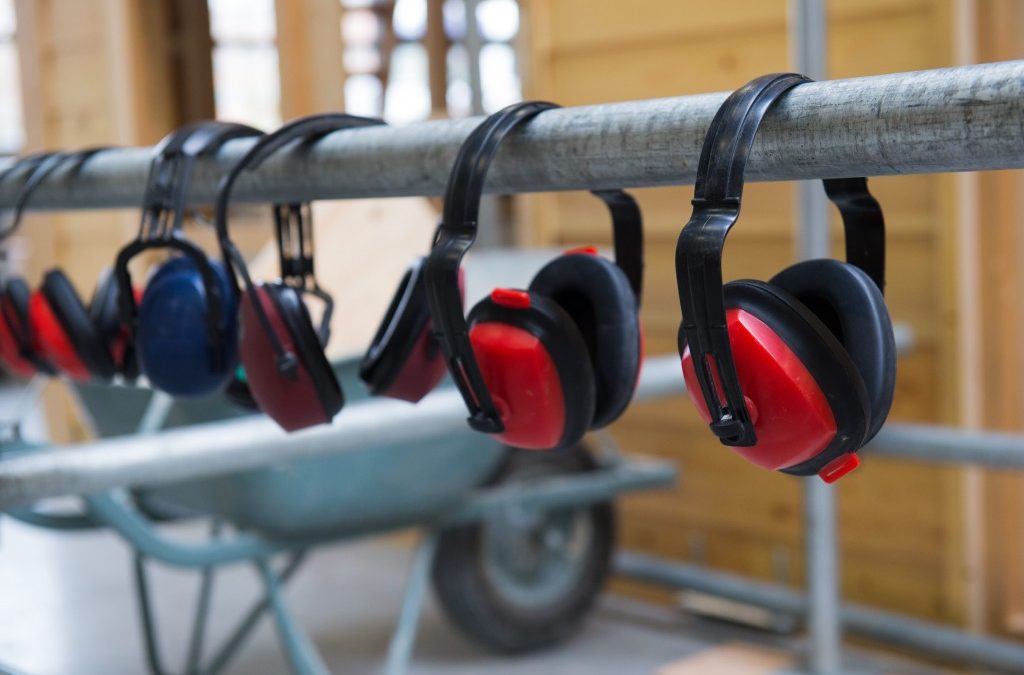Consequences of work-related may injuries range from a temporary wound to permanent paralysis. Other workplace injuries with consequences on the serious end of the spectrum include those to the senses. Work-related hearing loss, for example, can be devastating. This consequence might not only adversely affect a worker’s ability to provide, but also virtually every aspect of his or her life.
According to the Centers for Disease Control and Prevention, over 30 million Americans are subject to dangerous noise levels at work. Beyond that large subset of the working population, 9 million workers are exposed to ear-poisoning chemicals, including metals. Workers in the following industries may be at the highest risk of hearing loss:
- Agriculture
- Mining
- Construction
- Manufacturing
- Utilities
Workers in the transportation industry, as well as those in the carpentry and plumbing fields, are at risk, according to the CDC.
Eligibility for workers’ compensation
The Illinois Workers’ Compensation and Occupational Diseases Act governs workers’ compensation in Chicago. Through the Act, Illinois employers are required to obtain insurance for potential benefits to be paid for an injury-on-the-job. These benefits are provisioned for injuries or diseases that arise out of and in the course of employment.
The seventh section of the Act addresses the compensability of hearing loss directly. Generally, eligibility for workers’ compensation in Chicago requires noise levels in the workplace to have affected workers over a minimum period of time. The Act qualifies specific frequencies of sound for its definition of disability for hearing.
Specifically, “Loss of hearing for compensation purposes shall be confined to the frequencies of 1,000, 2,000 and 3,000 cycles per second.” In other words, loss of hearing for frequencies above 3,000 cycles per second would not constitute disability for hearing. Therefore, a worker with this condition would not be eligible for workers’ compensation benefits.
Other important considerations in cases of hearing loss include hearing aids, one-ear hearing loss and explosions. Any improvement to a worker’s ability to hear through a hearing aid has no bearing on a claim. If loss of hearing is isolated to one ear, the Act provides for 100 weeks of workers’ compensation in Chicago. In cases of explosion or otherwise sudden trauma, requirements associated with minimum time periods of exposure do not apply.
Obtaining legal representation
Illinois workers who suffer from hearing loss that may have resulted from work-related conditions may wish to consult with a workers’ compensation attorney. Specific requirements, including notifying employers and filing applications with the Illinois Workers’ Compensation Commission, must be executed promptly and accurately. Furthermore, employers and their insurers, with significant resources, may resist paying claims. Legal representation may help to navigate these challenging circumstances.


Recent Comments